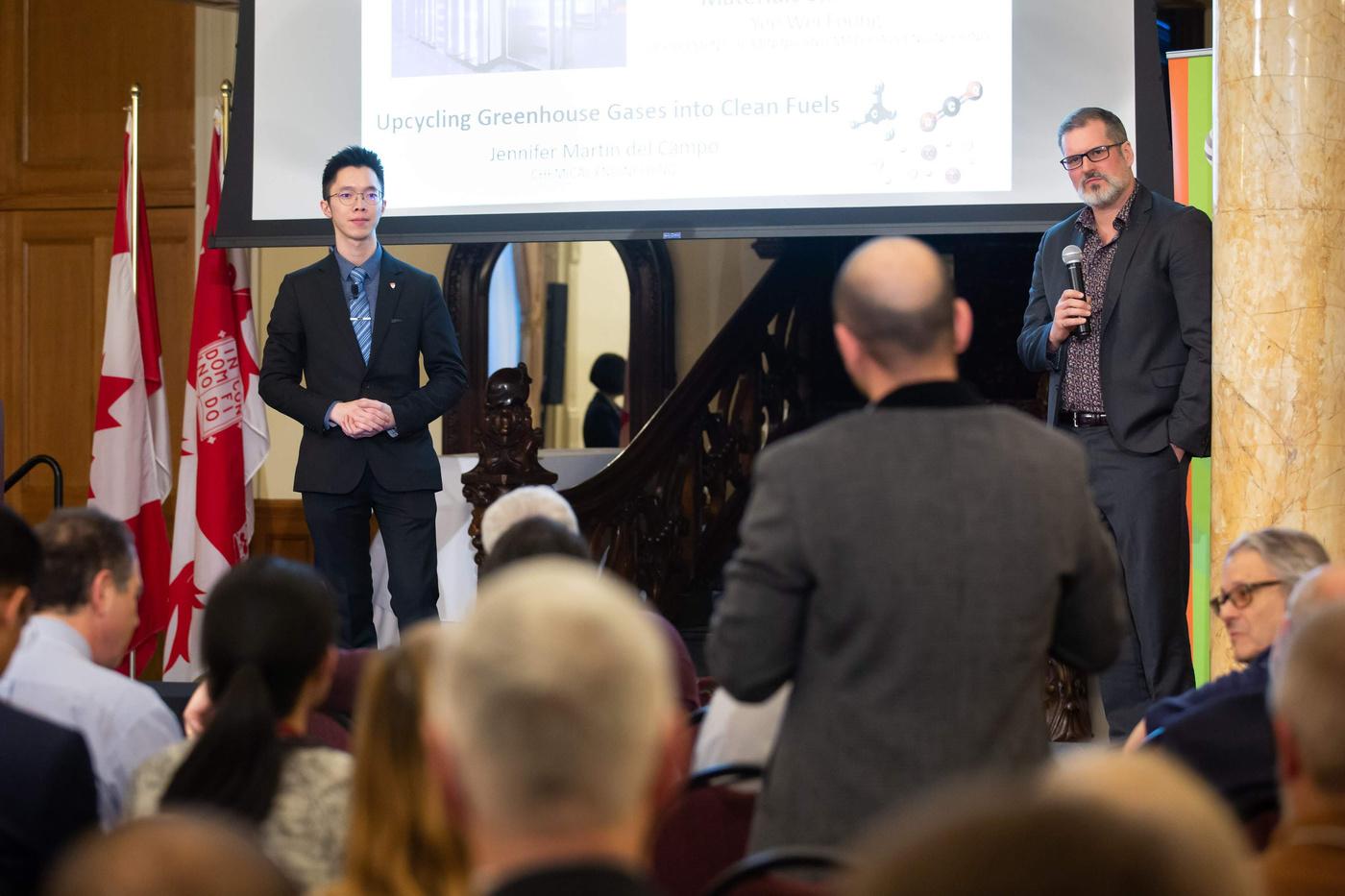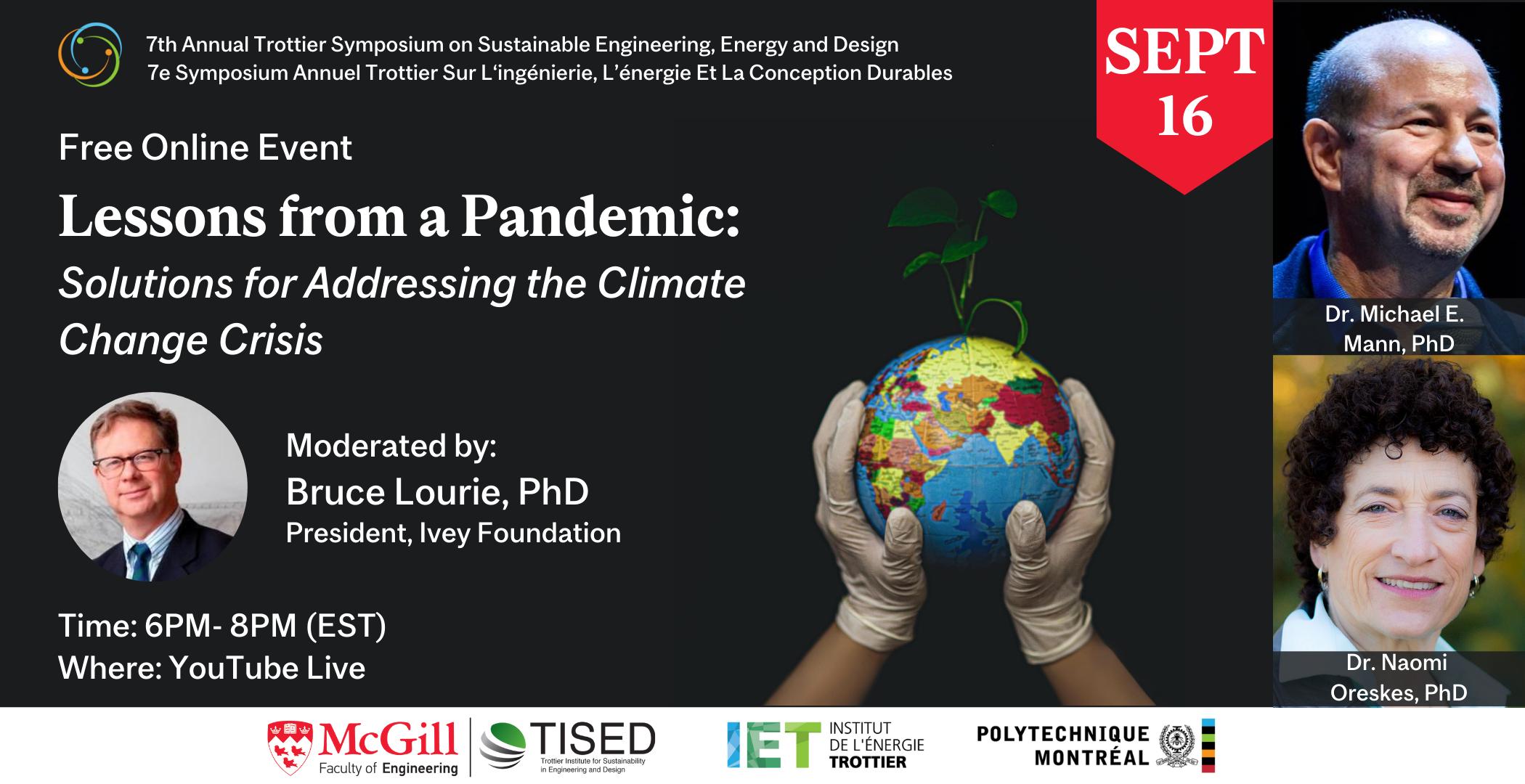
3 minute read
Research and Policy
from TISED Annual Report 2019-2020
by TISED
RESEARCH
Advertisement

The Trottier Chair in Sustainable Engineering and Design conducts first-rate climate research and continues to have significant influence on climate research and on adaptation strategies of private and public bodies.
Selected Publications
Oh, S., L. Sushama, 2019. Short-Duration Extreme Precipitation Characteristics over Canada in a Warmer Climate. Climate Dynamics. DOI: 10.1007/s00382-02005126-4 Teufel, B., L. Sushama, 2019. Abrupt changes across the Arctic permafrost region endanger northern development. Nature Climate Change. DOI: 10.1038/s41558019-0614-6
Diro, G., L. Sushama, 2019a. Contribution of snow cover decline to projected warming over North America. Geophysical Research Letters. DOI: 10.1029/2019GL084414
Diro, G., L. Sushama, 2019b. Simulating Canadian Arctic climate at convectionpermitting resolution. Atmosphere, 10(8), 430.
Liang, J., L. Sushama, 2019. Freezing rain events related to atmospheric rivers and associated mechanisms for western North America. Geophysical Research Letters. DOI: 10.1029/2019GL084647
Jeong, D.I., L. Sushama, 2019. Projected changes to mean and extreme surface wind speeds for North America based on regional climate model simulations. Atmosphere, DOI: 10.3390/atmos10090497
A collaborative seed grant initiative with McGill’s Global Health Programs (GHP) aims to address challenges related to planetary health by pursuing health-related solutions at the nexus between disease, rapid environmental degradation and climate change caused by unsustainable industrialization, urban growth and resource consumption practices. This funding supports interdisciplinary projects with principal investigators from both the Faculty of Medicine and the Faculty of Engineering. Made possible by the generous donations by the Steinberg Fund and Mr. Ram Panda.
Seed Grant Recipients
Project Title: A pilot study of the acute cardiovascular impacts of exposure to traffic-related air pollution and its oxidative potential among adults in urban Colombia
Researchers: Dr. Jill Baumgartner Institute for Health and Social Policy / Department of Epidemiology, Biostatistics, and Occupational Health and Dr. Omid Rohani Department of Civil Engineering and Applied Mechanics (no longer at McGill) Start date: January 2018 End date: August 2020 : $100,000Funding amount project helped solidify new partnerships between several universities in Collaborations Fostered: Colombia, Colorado State University (US) and McGill. The research team applied to the COLCIENCIAS research program in Colombia Impact Highlight: (their CIHR equivalent) in June 2019. The application was led by a Columbian colleague and built-off the pilot study (PI: Herrera; co-PIs: Magara, Baumgartner, Weichenthal). The project was awarded $500,000 in December 2019, an early success that directly built on the funding provided through the seed grant.
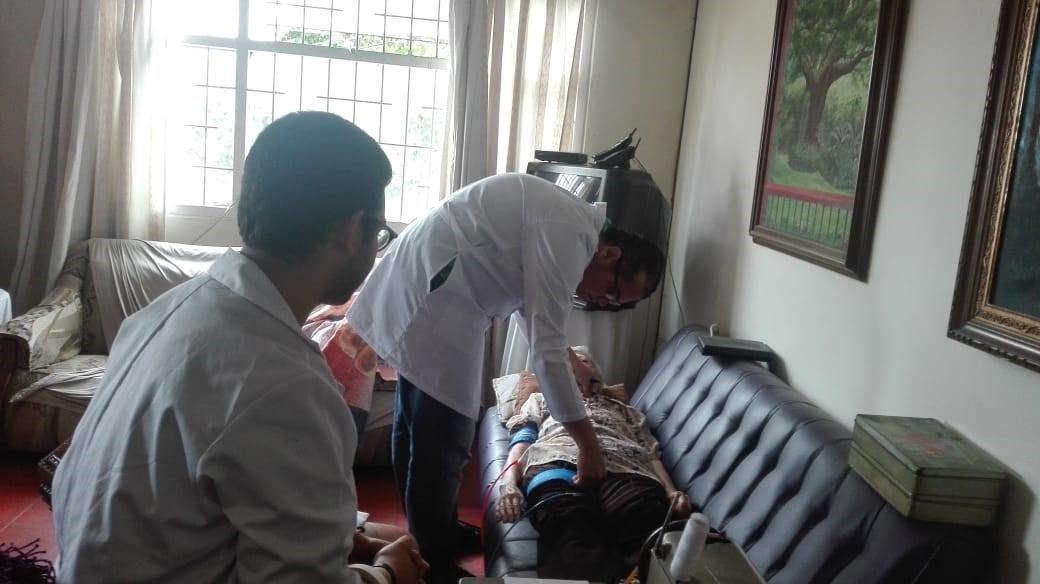
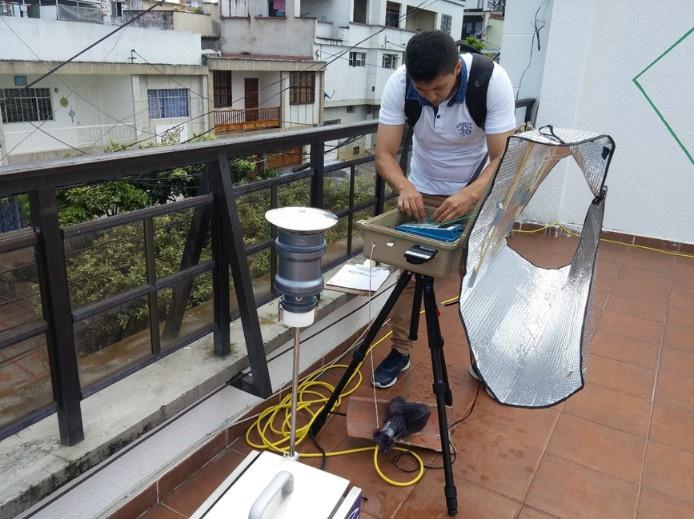

Project Title: High speed, portable PCR system for rapid and in-situ water quality testing
Researchers: Dr. Andrew G. Kirk, Department of Electrical and Computer Engineering, Dr. Mark Trifiro, Division of Endocrinology and Metabolism & Prof. Viviane Yargeau, Chemical Engineering (collaborator) January 2018 Start date: December 2020 End date: Funding amount: $75,000 project lead to a new partnership between the research group of Professor Viviane Collaborations Fostered: Yargeau (Chemical Engineering), Prof. Andrew Kirk (Electrical & Computer Engineering), and Prof. Mark Trifiro (Jewish General Hospital and McGill Faculty of Medicine).
Impact Highlight:
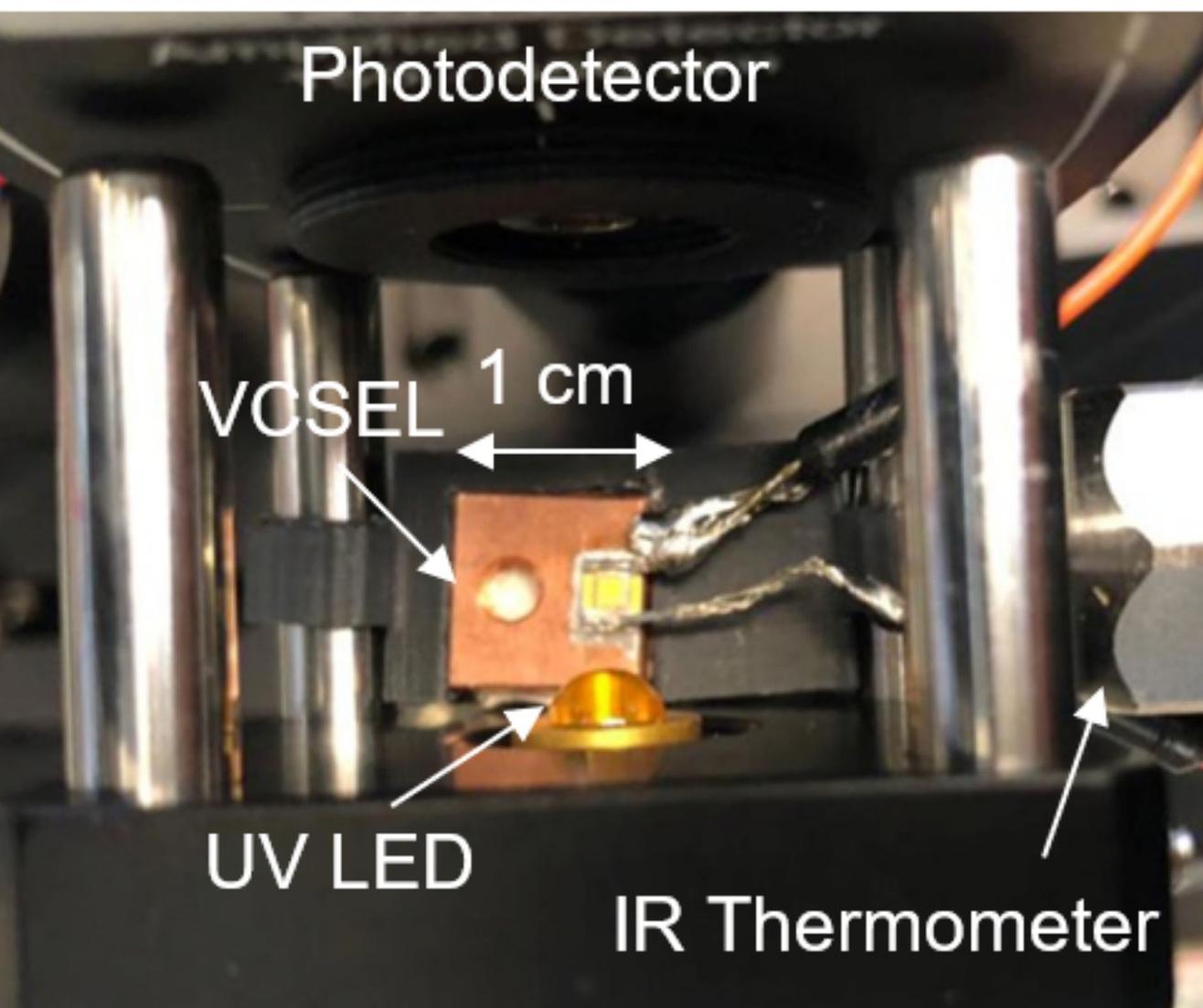
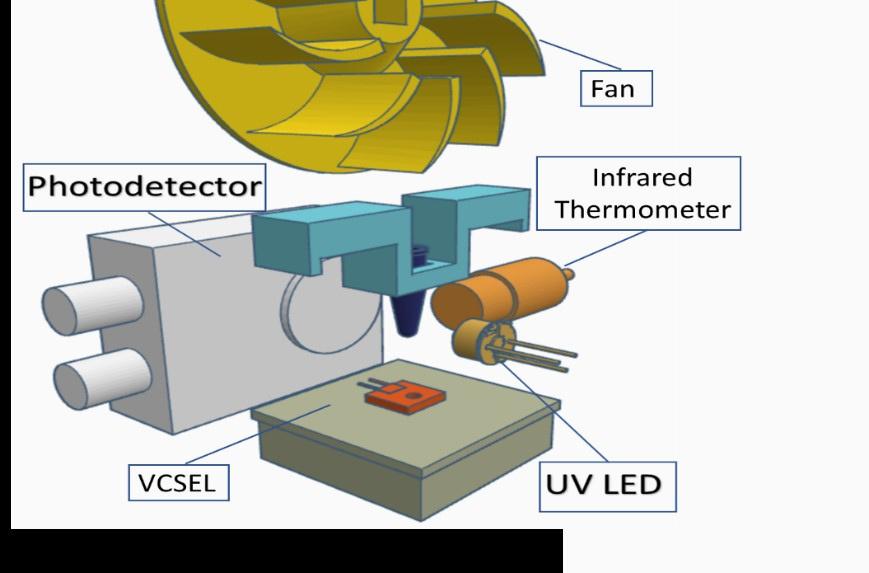
In February 2020, the Canadian Institute for Health Research (CIHR) announced the Canadian 2019 Novel Coronavirus (COVID-19) Rapid Research Funding Opportunity, to contribute to the global effort of containing the COVID-19 outbreak. Under this program, Prof. Mark Trifiro’s team was awarded $717,700 to adapt their testing methodology and construct a small, portable diagnostic device, that could be used for initial screening of potential COVID-19 patients. The device, capable of providing rapid results on the order of minutes instead of hours or days, would aid health care professionals and policy makers implement more effective infection control management strategies during epidemics. Success in this call, was built in part on the funding provided to Professors Andrew Kirk and Mark Trifiro through the Innovative Solutions for Planetary Health seed grant.





